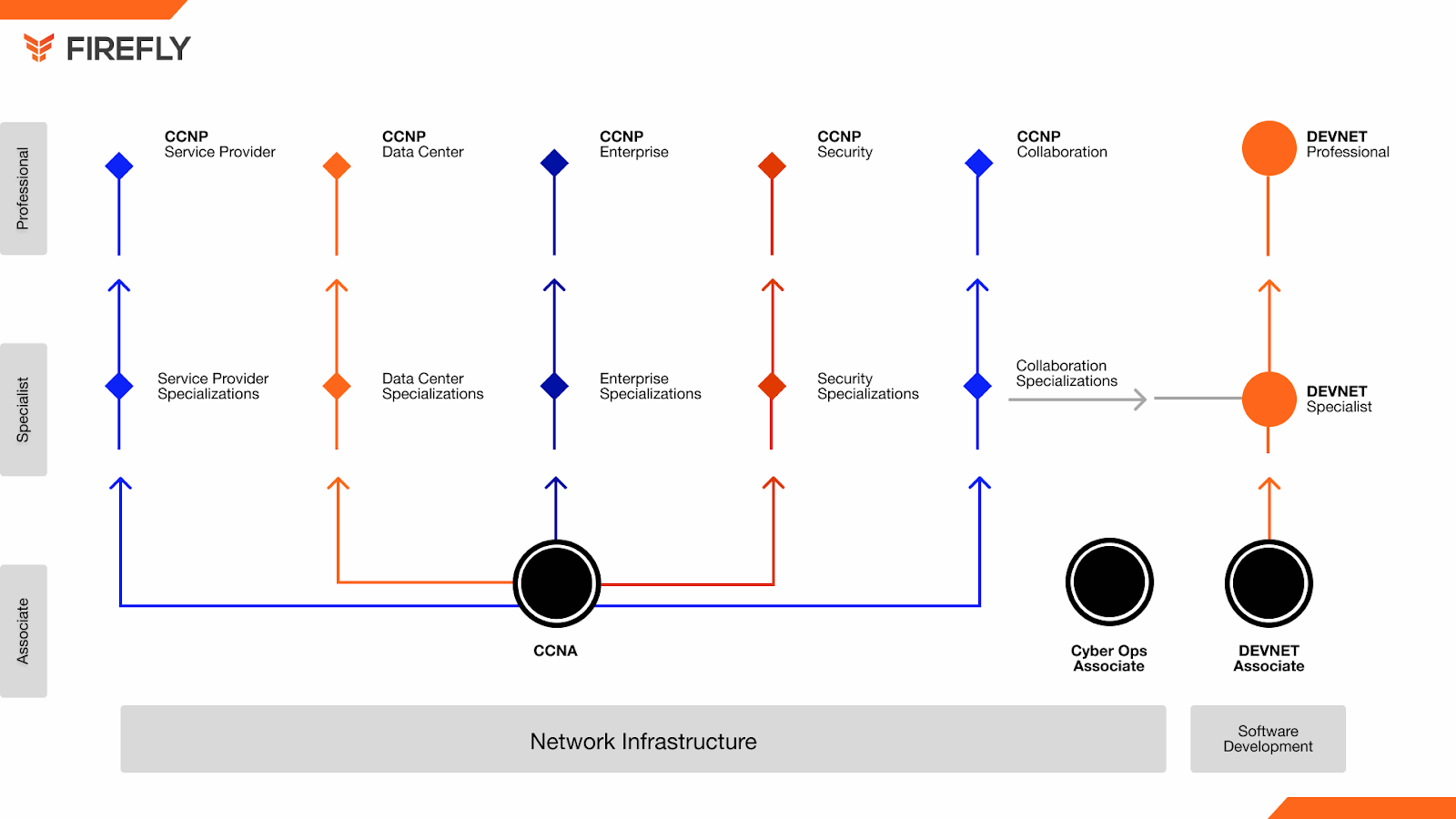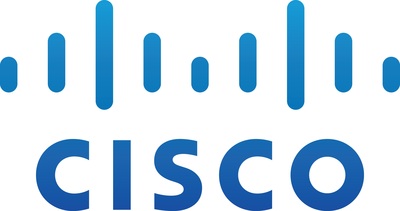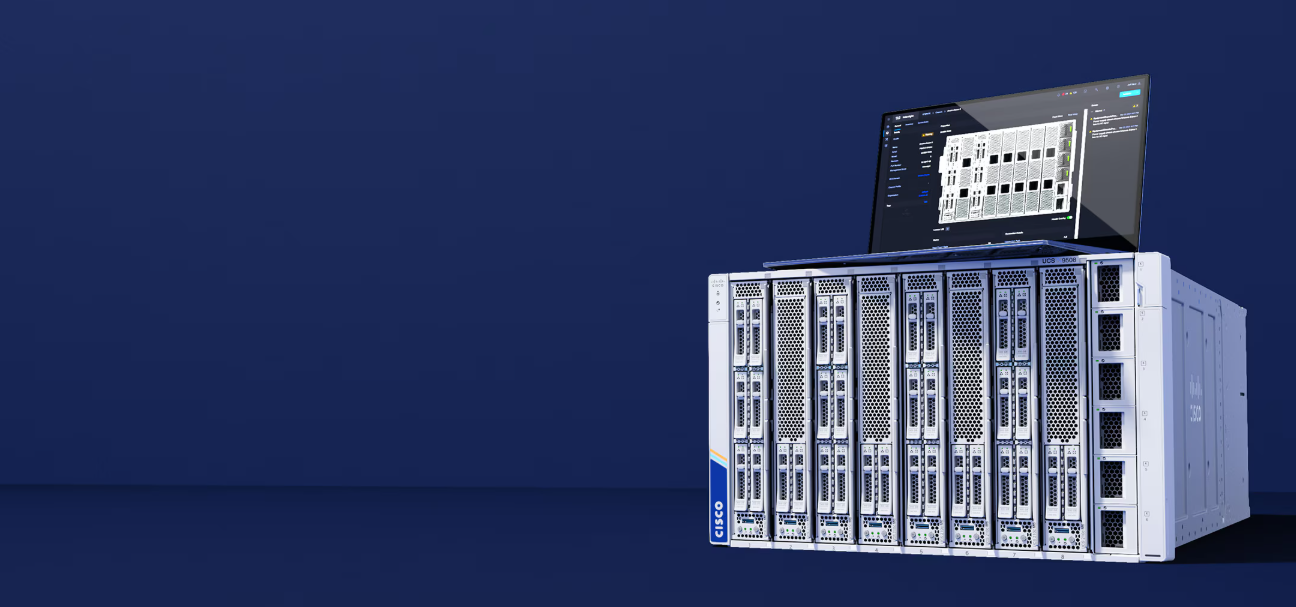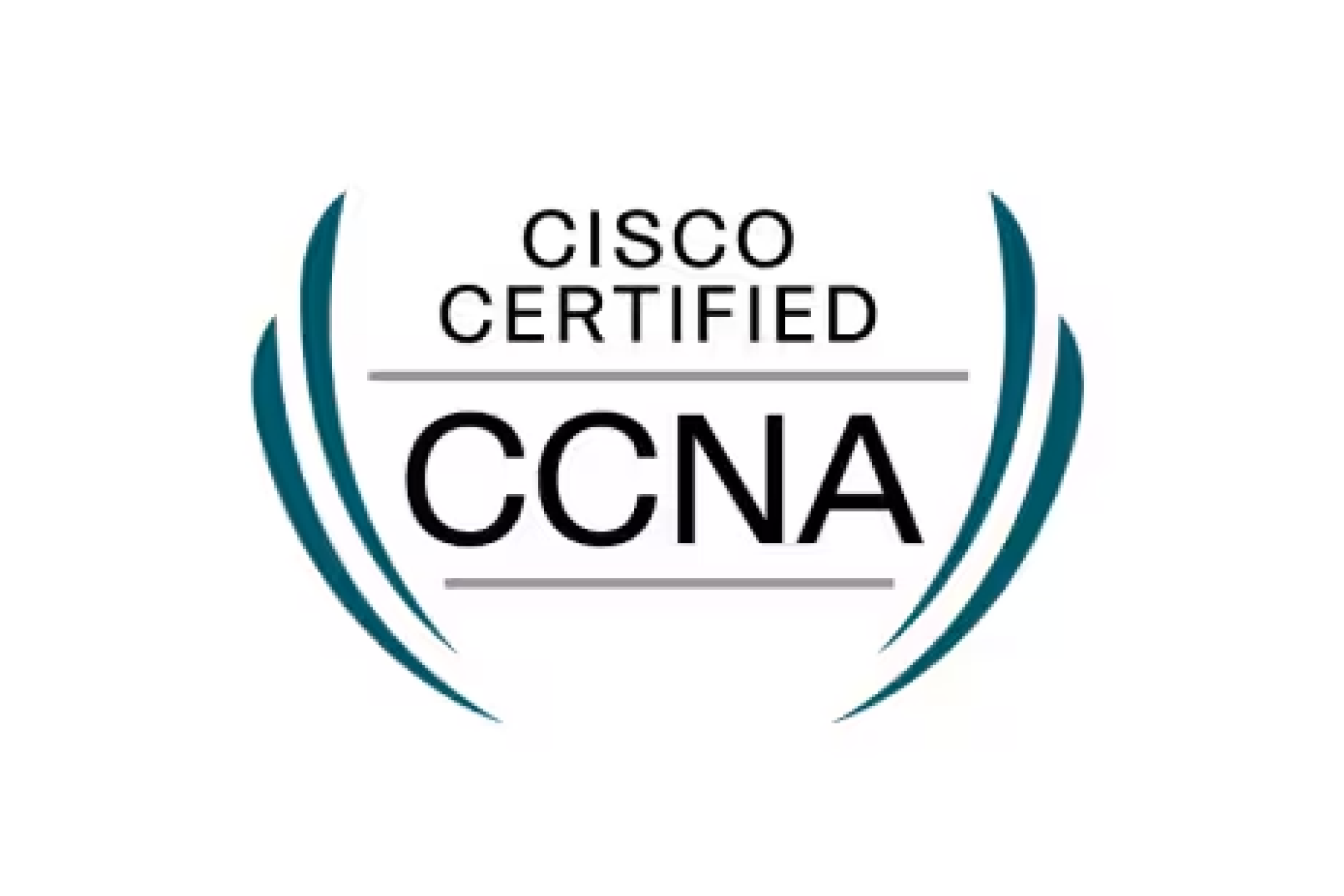
Navigating the world of Cisco certifications can be overwhelming, especially when you are just starting your journey in the networking field. In this guide, we will demystify the Cisco certification path, help you understand the different levels and types of certifications, and provide some guidance on where to start and how to progress in your Cisco certification journey.
1. What are the 5 levels of Cisco certification?
Cisco offers a wide range of certifications that are organized into five different levels, each designed to validate a different level of knowledge and skill set. Let’s take a closer look at each level:
1.1 Cisco’s Entry-level Certifications
The entry-level certifications are designed for individuals who are just starting their career in networking. These certifications validate the foundational knowledge and skills required to support Cisco devices and systems.
Cisco Certified Technician (CCT): This certification is ideal for those who want to work as technicians in a support role. It validates your basic skills and knowledge required to support Cisco devices and systems.
1.2 Cisco’s Associate level Certifications
The associate level is the next step after the entry-level certification. It is designed for those who have a basic understanding of networking technologies and concepts.
Cisco Certified Network Associate (CCNA): This is the most popular certification at this level. It is designed for those who want to work as network administrators or support engineers. This certification validates your ability to install, configure, operate, and troubleshoot medium-sized routed and switched networks.
1.3 Cisco’s Professional Level Certifications
The professional level certifications are designed for those who have a deeper understanding of networking technologies and concepts.
Cisco Certified Network Professional (CCNP): This certification is designed for those who want to work as network engineers, support engineers, systems engineers, or network technicians. It validates your ability to plan, implement, verify, and troubleshoot local and wide-area enterprise networks.
1.4 Cisco’s Expert Level Certifications
The expert level certifications are the highest level of technical certification offered by Cisco.
Cisco Certified Internetwork Expert (CCIE): This certification is designed for those who want to work as network architects, network engineers, or network designers. It validates your expert-level skills required to plan, prepare, operate, monitor, and troubleshoot complex enterprise networking infrastructures.
1.5 Cisco’s Architect Level Certifications
The architect level certifications are the highest level of accreditation achievable within the Cisco certification program.
Cisco Certified Design Expert (CCDE): This certification is designed for those who want to work as network architects or design engineers. It validates your skills required to design and create scalable, reliable, and intelligent network architectures.
Cisco Certified Architect (CCAr): This certification is the highest level of accreditation achievable within the Cisco certification program. It is designed for senior network infrastructure architects who produce technical specifications for the network to support business objectives.
2. What Cisco certification should I get first?
If you are just starting your career in networking, it is recommended to start with the Cisco Certified Technician (CCT) or the Cisco Certified Network Associate (CCNA) certification. The CCT certification is designed for those who want to work in a support role, while the CCNA certification is designed for those who want to work as network administrators or support engineers.
3. Cisco Certifications Roadmap
The Cisco certifications roadmap is a visual guide that shows the different certification paths available and the recommended order to take them. The roadmap includes all the certifications from entry-level to architect level. It is recommended to start with the entry-level certification and then progress to the associate, professional, expert, and finally the architect level certification.
3.1 Infographic
An infographic of the Cisco certifications roadmap can be found on the Cisco website. It provides a visual representation of the different certification paths and the recommended order to take them.

4. Cisco path careers
Earning a Cisco certification can open up various career opportunities in the networking field. Below are some of the career paths available for Cisco certified professionals:
- Network Technician: Responsible for installing, configuring, and maintaining network devices and systems.
- Network Administrator: Responsible for managing and maintaining an organization’s network infrastructure.
- Network Engineer: Responsible for designing, implementing, and troubleshooting network infrastructures.
- Network Architect: Responsible for designing and creating network architectures that meet an organization’s business requirements.
- Support Engineer: Responsible for providing technical support and troubleshooting network-related issues.
5. Cisco certification cost

The cost of Cisco certifications varies depending on the level of certification and the region you are taking the exam in. The entry-level certifications are the least expensive, while the expert and architect level certifications are the most expensive. It is recommended to check the Cisco website for the most up-to-date pricing information.
- Entry-level exams start at around $200, while Professional and Expert levels can exceed $400. Entry-level certifications require 100-150 hours of study and training for a 2-hour exam.
- Professional levels require 200-300 hours for 2-3 hour exams and can exceed $400.
- Expert levels require more than 500 hours and up to an 8-hour exam and, like Professional levels, can exceed $400. Cisco Learning Credits offer a cost reduction method that can be used to redeem training courses, exams, and services. Discounts and promotions can also reduce costs.
Total cost includes study materials ($50-$300), training courses ($300-$5000), and exam fees. Check out this blog post to know more about costs, training, and average time for specific certifications: https://www.firefly.cloud/the-2024-guide-to-cisco-certifications-an-essential-roadmap-to-it-success
6. Firefly Cisco Courses
Cisco certifications remain a powerful tool for advancing and accelerating your career in IT and networking. Whether you’re a seasoned professional looking to stay current or someone aiming to break into the industry, investing in Cisco certification can redefine your job prospects and earning potential. By understanding the different certification levels, selecting the right certification for your career path, preparing strategically, and choosing the best training provider, you can pave the way to a brighter professional future. The technology sector awaits your expertise – take the first step with Cisco certifications and set your IT career on the path to success.
Sign up for Cisco certification training with Firefly today here, and unlock the doors to new career opportunities in networking and IT security. Don’t just follow the changes in technology, lead them with your Cisco certified expertise.








